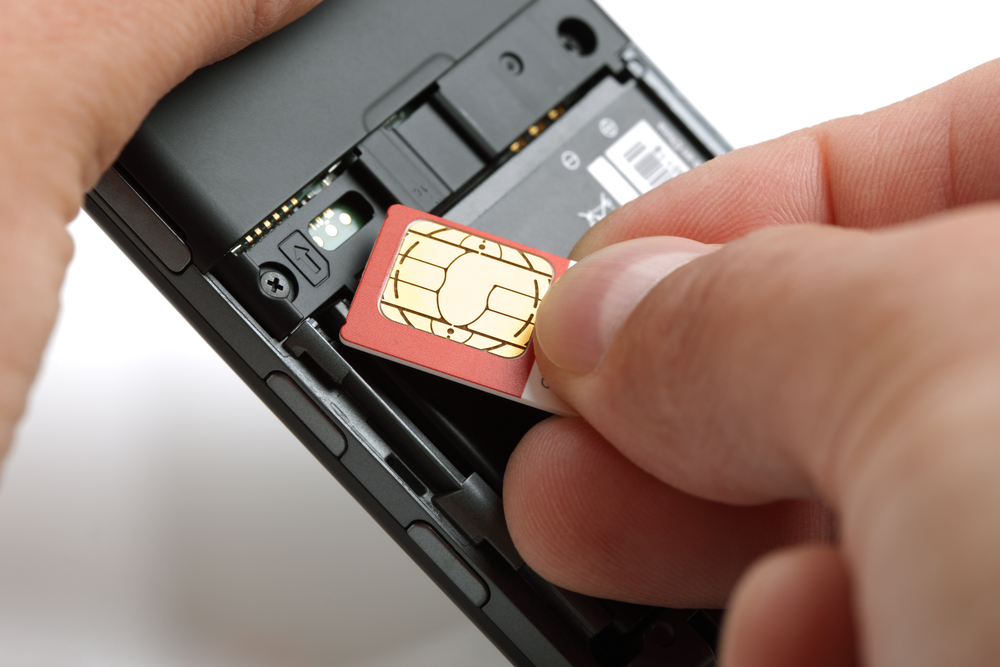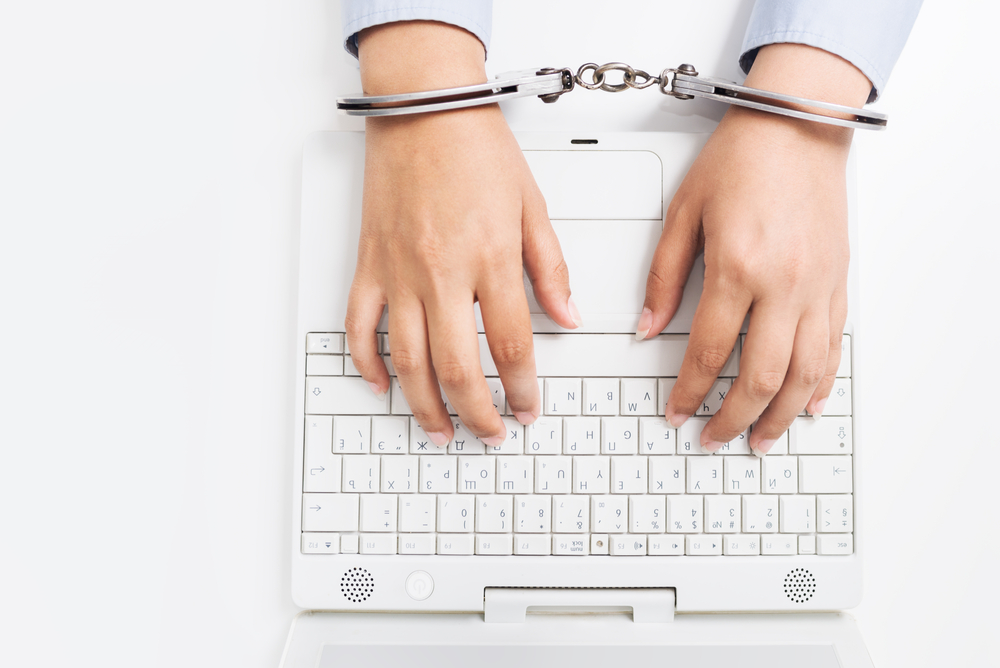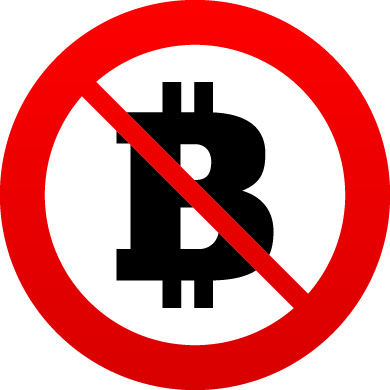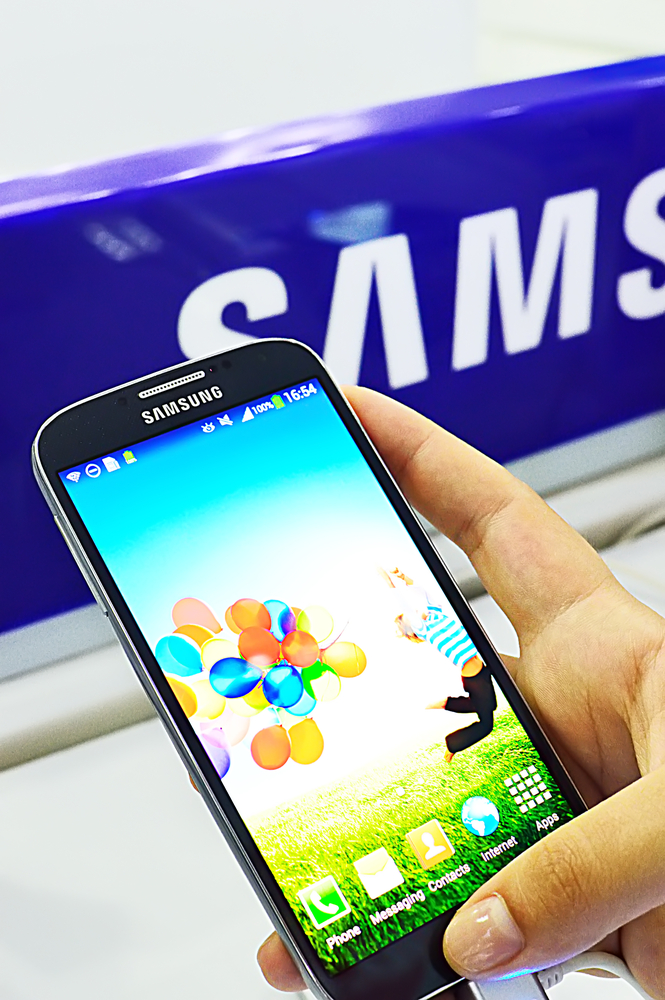
US House of Representatives approves bill legalizing phone unlocking
Do you rue the day you signed up with your phone provider? Maybe you've found a better offer elsewhere and want to take your cell phone to another company. Now, if you're in the US, you are able to -- legally -- unlock your mobile and take it to whatever network you like. The bill was approved yesterday, having been brought about by a massive petition that gathered over 100,000 signatures. A 2012 ruling made unlocking illegal by closing a DMCA exemption loophole that had been permitted in 2006 and 2010.
In other parts of the world it is common practice to unlock phones and move them between providers, so it's understandable that US residents felt they were getting a poor deal. Now the bill has been approved, handset owners are able "to legally unlock their cell phones so that they can use it on other cellular networks." But this does not mean there is going to be a free-for-all; unlocking must be carried out "without violating anti-circumvention provisions".

The most popular stories on BetaNews this past week: February 9 -- February 15
It is usually Bill Gates who is heralded for his philanthropy, but according to the Chronicle of Philanthropy, it is Facebook's Mark Zuckerberg who is currently the most generous. In another change from the norm, malware threats to OS X, Linux and Android have increased, showing it is not just Windows that is prone to attack. As if to prove this, Mac malware has been discovered that has been designed to steal Bitcoins from victims. Factor in all of Apple's devices and the company managed to sell more units than Windows PCs are sold, although this revelation caused quite some debate.
Twitter found itself in the headlines after the James Dean estate tried to gain control of a fan's James Dean-related account. Twitter has already spoken out about the shackles binding companies from being open about government data requests -- companies are practically falling over themselves to add their names to the list -- and Dropbox is in agreement. The European Commission has expressed a desire to wrestle some control of the internet from US hands voicing fears that too much influence was being exerted,

Europe calls for less US influence over the internet
The US is used to being a dominating force in the world -- this is true in sport, politics, economics, and many other areas -- but the European Commission thinks there should be less US influence over the internet. There are concerns about the level of control the United States has over the technologies and protocols that underpin the internet. One area for concern is ICANN which operates on behalf of the US government yet exerts control over procedures that have global effects.
There is also concern that Europe does not currently have enough sway over the internet. Neelie Kroes, commissioner in charge of telecommunications policy, said: "Europe must contribute to a credible way forward for global internet governance. Europe must play a strong role in defining what the net of the future looks like."

Dropbox joins Twitter, says new transparency rules are not enough
While several companies have been busy posting new transparency reports, based on recent changes in US law, not everyone has been content with what has transpired. Last week, Twitter stood up and called the reform, essentially, too little and far too late. That sentiment likely echos the feelings of many US citizens.
However, the social service isn't the only one taking this stand. Today it is joined by cloud storage darling Dropbox. "We believe everyone has a right to know how much information the government is seeking from online services. This lets users fight back against improper requests, helps prevent abuses of power, and allows for a more informed public debate", states the company's Bart Volkmer.

Twitter needs to stand its ground over James Dean legal action
Legal threats on Twitter are nothing new, but it is usually Twitter users who are the subject of litigation. In the case of the @JamesDean account, however, it is Twitter itself found on the receiving end of legal action. Acting on behalf of the James Dean estate, celebrity licensing agency CMG Worldwide is attempting to wrestle control of the Twitter account -- which is currently being used to tweet quotes by and about the star -- from the hands of its current owner.
The complaint says that Twitter is breaching trademarks owned by James Dean Inc by placing "objectionable content" online. CMG Worldwide has been in touch with Twitter to ask that the account activity be stopped, and that contact details for the account owner be handed over. Twitter has refused both requests. It is hard to see how the James Dean estate could have suffered "immeasurable and irreparable" damage. It is also interesting to note that the complaint suggests that unless the account activity stops, then James Dean Inc "will continue to be irreparably harmed and suffer actual damages in an amount as yet undetermined". There is no suggestion of what irreparable damage has actually been caused.

Russia implements an outright ban on Bitcoin
You might think that Russia has just about enough on its plate at the moment, what with having the Winter Olympics to host and fending off global accusations of homophobia, but the Central Bank of Russia has found the time to slap a ban on Bitcoin. This is not the first country to outlaw the online currency -- it's something that has already been done by Thailand and it's being considered by others.
The General Prosecutor of the Russian Federation looked into "the so-called virtual currencies" phenomenon and found that there was a risk of Bitcoin being used for money laundering. The damning ruling refers to Bitcoin and other similar currencies as "money substitutes". Citing Article 27 of the Federal Law, the General Prosecutor said that "the official currency of the Russian Federation is the ruble", going on to say that money issued in other forms is prohibited.

The most popular stories on BetaNews this past week: January 26 -- February 1
Phew! Well it seems that 2014 is finally in full swing -- the past seven days have been the busiest in a while. It was a busy week for security. A piece of malware came to light that was using Windows computers as a means of infecting the Android devices connected to them. Yet another security breach meant that the credit card details of Michaels customers were compromised.
While the computing world worries about whether or not the NSA is reading their email or recording their phone calls, school children in Britain learned that their computing activities are being monitored in the classroom. There was celebration as companies such as Microsoft and Google won a lawsuit that means they are now able to reveal more information about US Government data requests.

Could Apple produce a solar-charging MacBook with rear touch sensors and two displays?
What's the biggest problem with using a laptop out and about? Apart from the need to track down a stable Wi-Fi connection, what concerns most laptop owners is how long they are able to keep working when away from a source of power.
It's a problem that faces mobile phone and tablet users, but for users of smaller devices there are small, cheap, backup batteries available, some of which can be charged via solar panels. A new patent awarded to Apple means that a similar technology could be making its way to MacBooks. But there's more... much, much more... to get excited about.

Peace breaks out in the patent wars -- Google, Ericsson and Samsung are all friends again
Patent litigation seems to have become part and parcel of handset and tablet releases recently, but at least one battle appears to be coming to an end. Samsung and Google have signed a patent agreement, ending years of legal wrangling. An announcement on the Samsung Tomorrow blog goes into little detail about what the deal entails but a global patent cross-license agreement has been signed which covers both existing patents and those filed over the coming decade.
Allen Lo, Deputy General Counsel for Patents at Google said: "We're pleased to enter into a cross-license with our partner Samsung. By working together on agreements like this, companies can reduce the potential for litigation and focus instead on innovation". While both companies will undoubtedly be pleased that a deal has been struck, ultimately it is consumers who will benefit from what should turn into more collaborative ventures in the future, with both side gaining access to the other's technologies.

Policing Twitter -- can the existing legal system cope with the technological age?
Twitter is rarely out of the headlines, but this week two legal cases surrounding the social network slash micro-blogging service brought it to attention for slightly different reasons than normal. On one side of the Atlantic a couple fell foul of the law for using Twitter to make threats to a feminist campaigner, while on the other a celebrity managed to avoid prosecution for libel after managing to plead ignorance about the falsity of a claim made online.
For a court case victory, it was announced in a very restrained, quiet way... particularly when you consider that the victor was none other than Courtney Love. The celebratory tweet reads simply "I can't thank you enough Dongell Lawrence Finney LLP, the most incredible law firm on the planet. We won this epic battle. #justiceprevails", and the decision to use Twitter was slightly ironic considering the fact that the court case stemmed from a previous tweet made by Ms. Love.

British school children subjected to NSA-style surveillance
The idea of being monitored, spied upon, surveilled, call it what you will, is something we are gradually becoming used to. CCTV cameras abound, we now know that our private communication could be intercepted at any time, and god only knows what else is going on unbeknownst to us. The plots of Person of Interest look positively tame compared to what is actually happening. Look, a whole introductory paragraph about modern-day surveillance and not one reference to Big Brother, 1984 or George Orwell. Oh ... damn.
But it seems that it is not just potential terrorists, criminals and other ne'er do wells who might feel concerned about who is reading their emails and monitoring their online activity. Hundreds of schools up and down the UK are actively monitoring the online communication of pupils using methods not too far removed from those employed by the NSA on a global scale.

Google helps companies preserve legal mail trails
Introduced in 2012, Google Apps Vault is designed to manage business-critical information and preserve important data.
It helps safeguard information for continuity, compliance and regulatory purposes and is used by thousands of businesses, schools, and governments. Google has now expanded Apps Vault's capabilities by introducing targeted legal holds.

IT worker steals credit cards details of almost half of South Koreans
As data theft goes, it has to go down as one of the largest and most audacious acts in history. The numbers may not be the highest -- although it's still a very hefty figure -- but looked at in terms of percentage of population, it is staggering.
The work of a single person led to the credit card details of an incredible 20 million South Koreans, or almost half of the country's population, being stolen and sold onto marketing companies.

Google helps you stay legal, makes it easier to track down images you can use for free
There is a common misconception that anything that is made available online is fair game for use by other people. Found an image you like on a website? Why not just grab a copy and use it on your own? In some cases this is not a problem and the owner of the image will not mind others re-using imagery in whatever way they want, but this is certainly not always the case.
Google Image Search has long made it possible to filter results by the type of license they have, but now things have just got a whole lot easier.

Watching pirated porn streams is not illegal says German government
Dealing with copyrighted material online has long been something of a legal minefield. Whatever your moral position on enjoying copyrighted movies, music, and other content without paying for it, there is usually little argument about whether or not it is actually illegal.
While downloading copyrighted movies from FTP servers, via BitTorrent, or using other means is widely regarded as breaking the law, things are not seen in quite such black and white terms when it comes to streaming content.
